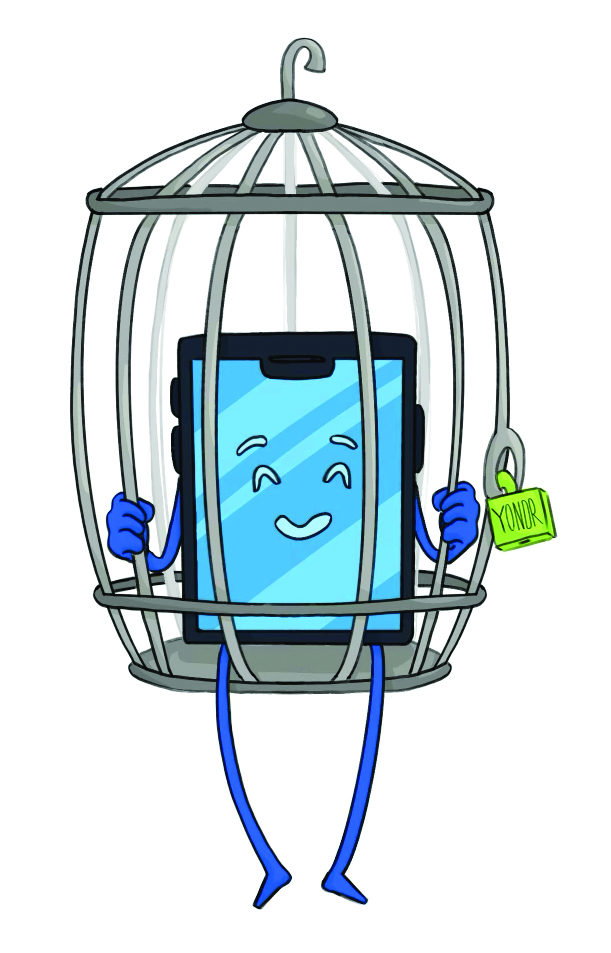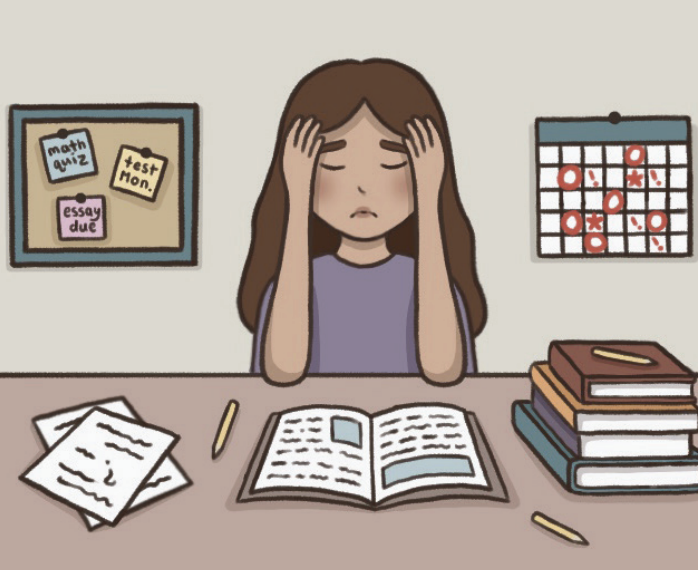Call me crazy, but I love the new phone policy. Admittedly, it is frustrating being unable to text my friends to ask where they are or to take a study break and scroll on social media, but I have found myself to be significantly more engaged during every aspect of my life from 8:30 to 3.
Like most of my peers, I was initially shocked and frightened when I received the email from Head of School Jennifer Ciccarelli in late July. This was my final year of high school, and my most pressing concern was how was I going to memorialize my days without taking photos. Sure, maybe I would be a more effective studier, but I was distraught at my incoming future of six and a half hours without my phone.
After our first day, I noticed a difference. Suddenly, I was talking with my friends during all of Lunch, participating fully in every class and wholeheartedly focused on my homework during free periods. These are the glaring benefits of my phone-free life.
What was potentially the most important change was that I lost a significant roadblock to doing my schoolwork. This is not just a personal shift, however. A recent study by Common Sense Media found that teenagers 13 and older are likely to check their phones more than 100 times a day. And when is a better time to check your phone than when you are looking for any possible procrastination method?
During arguably one of the most academically challenging semesters of my high school career, not having that easy, accessible distraction has led me to deeply concentrate on my homework, extracurriculars and college applications.
Being phoneless has not just allowed me to focus on studying. After my first phone-free Lunch, I realized that I had been significantly more present with my friends. Again, this is not just me. Phones consistently provide a distraction from our conversations, according to the Massachusetts Institute of Technology. Study after study has shown that phones are a powerful inhibitor to human interaction.
“Because of our phones,” Massachusetts Institute of Technology sociologist Sherry Turkle said, “we are forever elsewhere.”
Without my phone, I retain more information and simply enjoy my time with my friends more. Without that on-hand distractor, I have no alternative to reach to when there is a lull in the conversation. Ultimately, it is being engaged for those Lunches, Flexes and frees that will matter the most, even if I don’t have the digital evidence to prove it.






